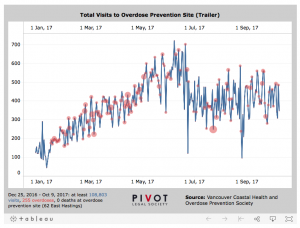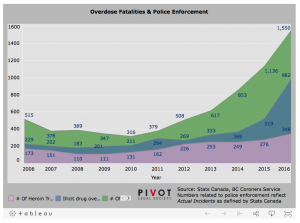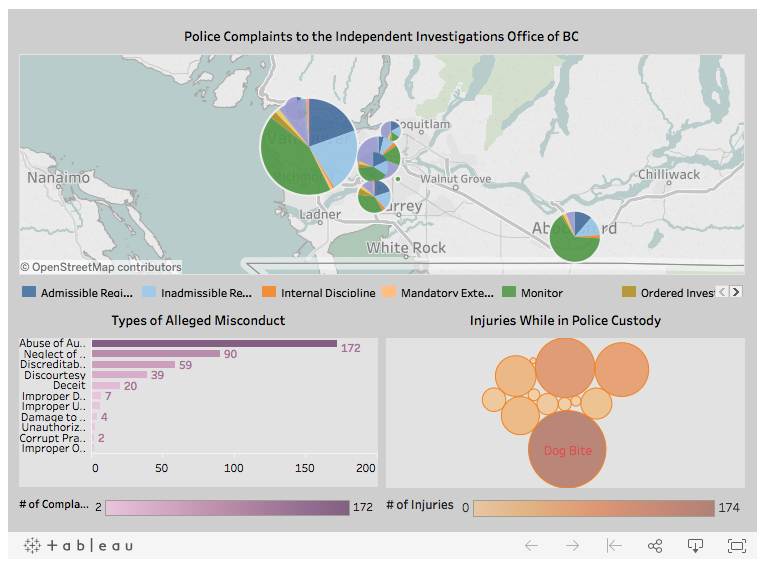2019 Bi-Monthly Update Series: January/February
To keep you informed, here are some highlights of changes and updates made to Clicklaw in January and February:
Jan-Feb | Mar-Apr | May-Jun | Jul-Aug | Sep-Oct | Nov-Dec

Multi-lingual Phone Line for Employment Standards
by BC Employment Standards Branch
This multi-lingual phone line for the Employment Standards Branch offers real-time information about employment rights in more than 130 languages. Employment information will be available for both workers looking to understand their rights and employers wanting to understand their legal obligations. Translators will stay with the caller on the phone to help them get to the information they need. This service is available as a trial to March 31, 2019.
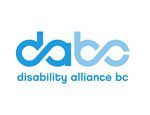
- Income Assistance Application Process for People with Disabilities – Revised edition. This help sheet is for people with disabilities who want to apply for disability benefits from MSDSI. We describe steps you take before you get the persons with disabilities designation application. This help sheet is part of a series on BC disability benefits.
- Transition from PWD Benefits to Old Age Benefits – This new Help Sheet explains the transition from provincial disability benefits (PWD) to Old Age Benefits.

- Living Together or Living Apart – explains the basics of BC family law. Revised & reissued in January 2019.
- Sponsorship Breakdown – explains what happens when a sponsorship breaks down, and how to apply for welfare. Now also available in Arabic & Farsi.

Dial-A-Law is now a service of People’s Law School. It features free information on the law in British Columbia in over 130 topic areas. The information is reviewed by lawyers and updated regularly. Dial-A-Law was previously operated by the Canadian Bar Association, BC Branch. A few of the scripts are:
Tenant Survival Guide
by Tenant Resource and Advisory Centre (TRAC)
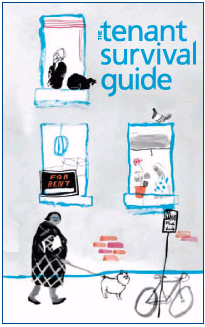
New, revised edition. Available on Clicklaw Wikibooks. Compared to a PDF, the Wikibook is easier to read on screen, fully searchable, and hyperlinked to key forms and resources. It can also be downloaded as an EPUB – a popular e-book standard – and read on an e-reader, tablet or mobile device. This plain-language guide offers tenants a basic understanding of residential tenancy law in BC. It is designed to educate readers on their rights and responsibilities, and help prevent or resolve any problems they may encounter during their tenancy.
Legal Clinic for Sex Workers
by PACE Society
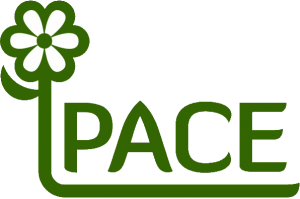
In partnership with the Law Students’ Legal Advice Program and Law Students for Decriminalization & Harm Reduction, we provide free legal advice and representation for sex workers who cannot afford a lawyer. This is a drop-in pilot project currently operating every second Wednesday from January 16th – March 13th 2019 from 5:30 – 7:30 pm.
Pension Division Review Project
by British Columbia Law Institute

This project will make recommendations to reform the law of pension division on
Health Care Consent, Aging
by

The Canadian Centre for Elder Law (“CCEL”), in collaboration with the Alzheimer Society of British Columbia (“The Society”), is embarking on a project which examines the law, policy and practice of consent to health care in the context of aging and dementia. This 16-month project funded by the Law Foundation of British Columbia will involve extensive comparative legal research on informed consent and interrelated areas of the law, as well as community and key stakeholder consultation. The work will be informed by an expert interdisciplinary advisory committee and will culminate in a report identifying areas for law and practice reform and at least one plain language educational resource on health care consent rights.
2018 CEDAW Report Card
by West Coast LEAF
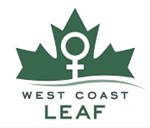
West Coast LEAF’s 10th annual CEDAW Report Card grades BC on nine issues impacting women’s human rights, including child protection, a new section this year. The Report Card assesses BC’s record in 2018 in relation to the UN Convention on the Elimination of All Forms of Discrimination against Women.


